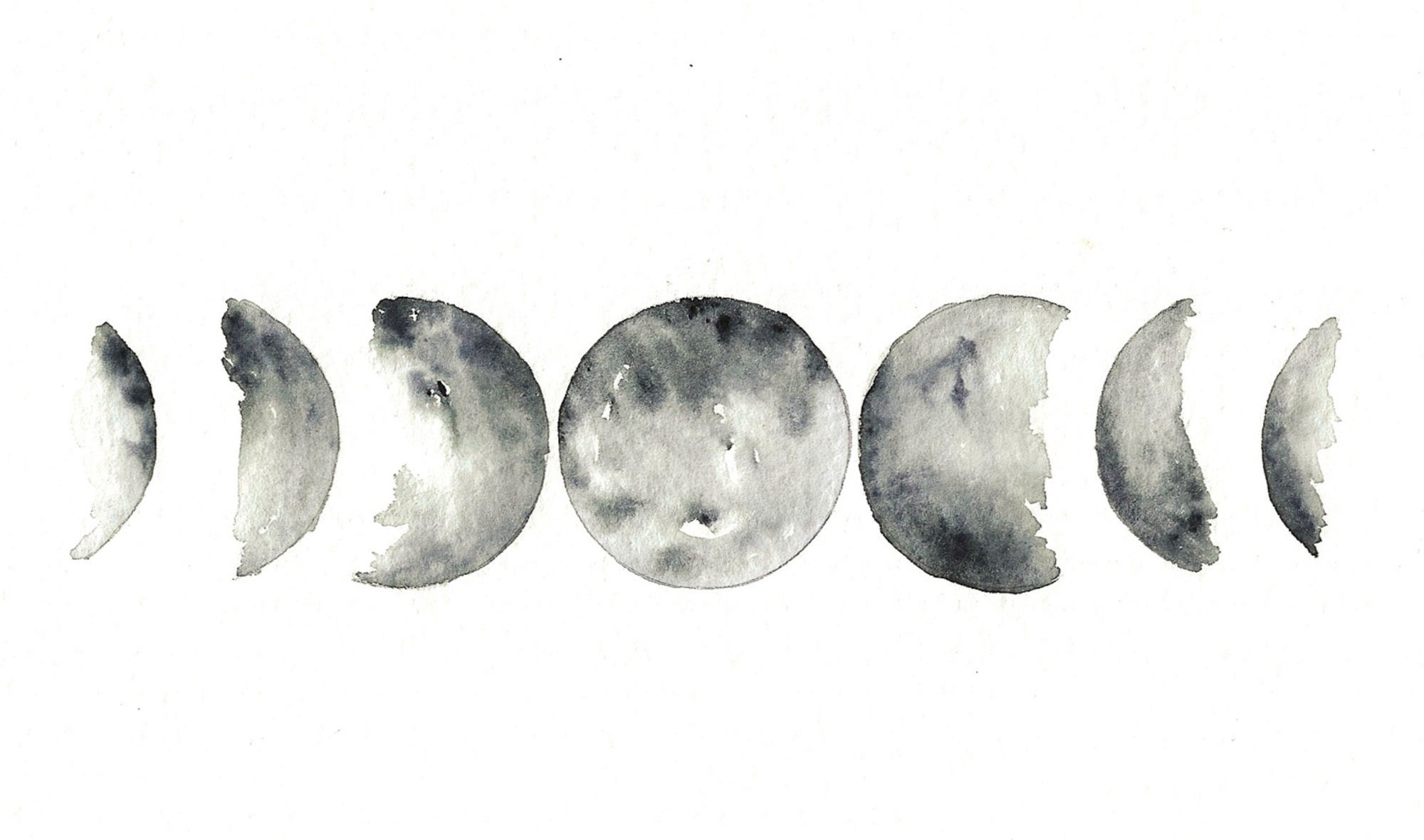Iraq’s upcoming national election, slated to take place in April 2018, will take place at another tumultuous point in their grievous history. After four years of fighting the Islamic State and a pivotal referendum for Kurdish independence, the nascent democracy will, once again, ascend upon their voting booths.
Recently, I was asked how much influence neighboring Iran would have in Iraq’s upcoming election cycle. Despite pressure from its Arab neighbors, Iran is expanding its power and continues to export the Islamic revolution espoused by former Supreme Leader Ayatollah Khomeini. Over the past three decades, Iranian operatives have infiltrated the countries of the Middle East through their Shi’ia populations – doing things like offering to build “Hussainiyas” (Shi’ia mosques), offering military advice, and assisting public works. In return, the Iranian political and economic networks throughout the Middle East help sustain Tehran while under sanctions. Iran’s interference with the internal policies – particularly their pressure on political parties of countries across the Middle East – continues to cause political tension and unrest, and nowhere is this more evident than in Iraq.
Despite their internal ruptures and constant political fracturing, since the fall of Saddam Hussein, Iraq’s Shi’ia, have expressed a continuously more assertive role in their quest for political control, and Iran is fueling this fervor. This is clearly evident on the battlefield, where a post-Islamic State reality is slowly taking shape. For instance, last May, in a speech to Shi’ia clerics, Qais al-Khazali, the leader of the Iraqi Shi’ia militant group Asaib Ahl al-Haq (AAH) vowed to establish what he has termed the “Shi’ia Full Moon,” or “Badr,” which consists of an alliance of Shi’ia militant groups across the Middle East. In addition to in AAH, he suggests the Shi’ia Badr includes Iran’s Revolutionary Guard, Lebanese Hezbollah, Houthi rebel forces in Yemen, and “brothers and sisters” in Iraq and Syria.
Khazali has emerged as one of the most prominent voices from Iraq’s Popular Mobilization Forces (PMF). The PMF, or Ha’ashd al Shaabi, is a state-sanctioned organization of Shi’ia and Sunni paramilitary groups responsible for assisting Iraqi forces in fighting the Islamic State.
The term “Shi’ia crescent” is attributed to the Jordanian King Abdullah II who used the term after the fall of Saddam Hussein to describe an area in the fertile crescent of the Middle East with Iranian-allied areas – namely in Iraq, Syria, and Lebanon. Khazali’s artful rhetoric sheds the prevailing narrative of a Shi’ia “crescent” in the Middle East and replaces it with one of Shi’ia dominance. In his speech, Khazali added that this “Full Moon” would precede the emergence of “Sahib al-Zaman” or “time holder,” the twelfth Imam from the Shiite religious tradition.
The dramatic undertones highlight the historical magnitude of current events for Iraq’s Shi’ia, yet the new narrative also demonstrates the robust nature of Tehran’s political influence through Shi’ia religious institutions. While Iraq’s central government is struggling to maintain military and political control over areas once held by the Islamic State and Kurds’ drive for independence threatens to fracture the country, behind the fissures Iran acts as a buttress for the Shi’ia political parties of Baghdad. Without a doubt, the outcome of Iraq’s next election won’t be decided by the Iraqi populace, but by leaders in Tehran.





















